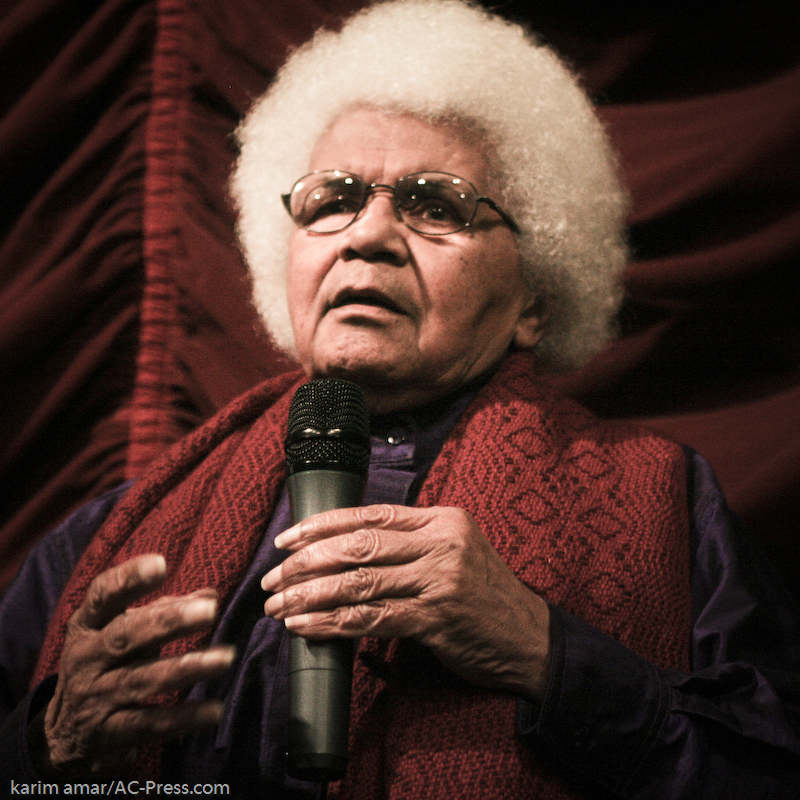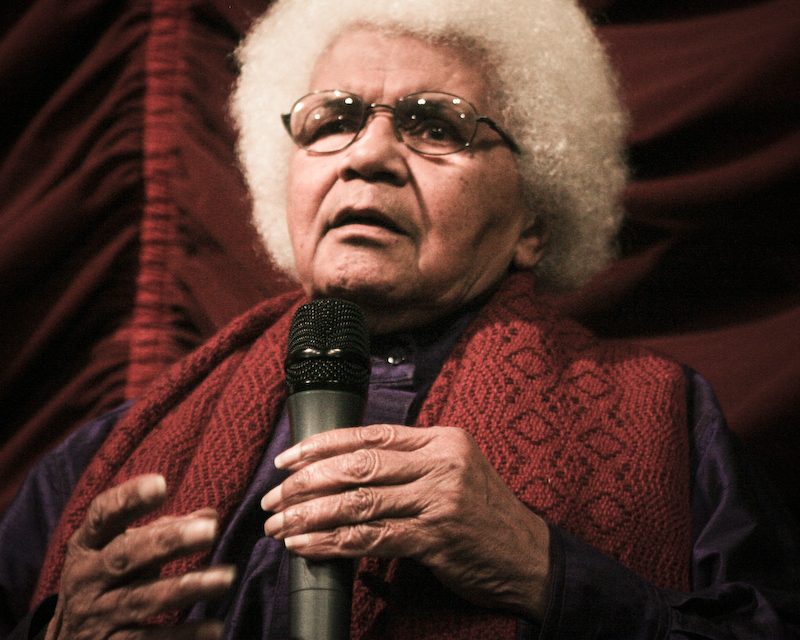Like me, Evan Amaral (21C) grew up in a small, rural town in South Georgia. Fascinated with avant garde and non-Western cinema, Amaral hoped moving to Atlanta would allow him to see movies outside of the local AMC blockbusters and Western film canon with which he was familiar. “Short answer,” he said, “it didn’t.”
Amaral’s new virtual film series, programmed as his honors thesis project for the Department of Film and Media and presented by the Emory Cinematheque, runs through March 19 and features six film screenings followed by Zoom conversations with a panel of Emory faculty. The aptly named “New Cinematic Directions” aims to celebrate contemporary cinema that pushes the medium of film into new territories while telling stories that relate to shifting definitions of home and the future from rich and varied cultural contexts.
When describing his vision for the project, Amaral said that he was originally motivated by a desire to “fill the gaps” in the film offerings in Atlanta. As a sophomore, this passion led Amaral to the creation of his first series, “Not Coming to a Theater Near You,” which featured films that premiered within the past year but were not streaming in Atlanta theatrically. But when the second edition of this project was canceled in March 2020, Amaral had to rethink his programming in the virtual sphere.
Amaral decided to incorporate three of the movies from his previously canceled screening into “New Cinematic Directions”: Dominga Sotomayor’s “Too Late to Die Young” (2018), Pedro Costa’s “Vitalina Varela” (2019) and Khalik Allah’s “Black Mother” (2018). Joining them are Kiyoshi Kurosawa’s “To the Ends of the Earth” (2019) and Ephraim Asili’s “The Inheritance” (2020). The centerpiece of the festival will be a four-film viewing of Sarah Maldoror works from March 10 to March 12, followed by a presentation and discussion with Maldoror’s daughter, Annouchka de Andrade.
When addressing his selection of films for the series, Amaral noted, “These are the kinds of hidden stories in film history that people are really, really looking hard for right now.”
Maldoror’s films hold special significance in this respect, as she became the first woman of African descent to write and direct a feature film with “Sambizanga” (1972). “New Cinematic Directions” is dedicated to her memory, as Maldoror passed away on April 13, 2020 due to complications with COVID-19.

Sarah Maldoror, Angolan filmmaker and activist for decolonization. (Wikimedia Commons/Karim Amar)
According to Film and Media Studies Department Chair Matthew Bernstein, Amaral’s series diverges from conventional senior film theses. “We’ve had students who sponsor … individual screenings … but not a series,” Bernstein said. “And it’s a lot of work.” Amaral echoed this, claiming that the project was a process that “took an entire village.” From finding viable distributors and an affordable platform to streamlining a process of disseminating information and creating sign-up links for virtual viewings, the operation took “a lot of trial and error.”
But according to Amaral, the payoff makes all of his previous labor worth it.
“Ultimately, what I want from all of this is a place where this kind of cinema that is usually very unavailable … is much less intimidating,” he said.
When discussing the future of film screenings at Emory, Bernstein noted that Emory has a longstanding commitment to the Atlanta film community. According to him, Emory’s Cinematheque, a film series that provides weekly screenings free and open to the public, was designed to expose Atlanta residents to “movies that are off the beaten path” and “worlds that we would not otherwise see.” The cinematheque is programmed by faculty members, and Amaral remarks that, in the future, he would like to see deeper collaboration between students and the film department, including more students participating as programmers alongside faculty.
“I really hope students feel empowered and inspired to do something with the department and to see about working with them because I know [the professors] would love it,” he said.
Art intimately changes our perspective on the world by offering nuanced iterations of the human story. When we have access to stories that connect us with life outside of what we know, our worldview transcends our direct experience. Exposure to non-traditional and non-Western cinema is integral to this process of widening our perspective on the world so that we can propel ourselves in new directions.
Isabel Packard (24C) is from Tacoma, Washington, majoring in philosophy, politics and law. Outside of the Wheel, they enjoy singing in Emory’s Concert Choir, rollerskating and remembering you can see the moon during the day.






